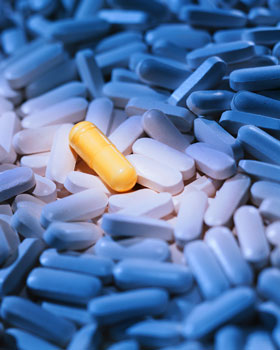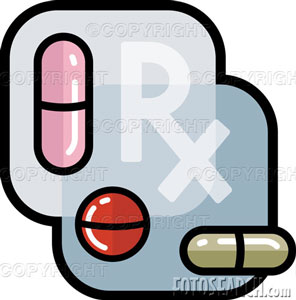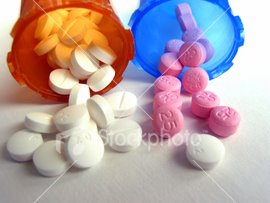Terms related to Pharmacy
 Pharmacy: It is the art and science of collecting, combining, preserving, preparing and standardising drugs and medicines derived from natural and synthetic sources.
Pharmacy: It is the art and science of collecting, combining, preserving, preparing and standardising drugs and medicines derived from natural and synthetic sources.The word `Pharmacy' also implies the place,where the medicines are made and distributed.
Homeopathic Pharmacy: It is an art and science of collecting, compounding, combining, preserving, preparing and standardising drugs and medicines from vegetables, minerals, animal kingdoms and certain physiological and morbid substances according to the homeopathic principle and also dispensing medicine according to the prescription of a physician.
Homeopathic pharmacy should be fully consistent with the holistic and individualist philosophy of homeopathy,based on the theory of dynamis.
Pharmacopoeia: It is a standard book containing a list of drugs and medicines, with information about the sources, habitats, descriptions, collections, and identification of the drugs; and also provides directions for their preparation.
It is officially published by `Authority' i.e, by the Government in charge of medical and family welfare department, any medical or pharmaceutical society, either constituted or authorised by the government and revised at times.
A pharmacopoeia published by such authority is termed as `Official'.
Pharmacology: It is the science that deals with different aspects of the drugs.
Pharmacokinetics: It is the role of a drug in the body or the way in which the body handles the drug preparation.
Pharmacodynamics: It is that part of the information about the interaction of the drug molecules and the body.
Pharmacognosy: It is the science of identification of drugs.
Pharmacal: Pertaining to or relating to the pharmacy or drugs.
Pharmaceutic: Pertaining to the knowledge or art of preparing medicines.
Pharmaceutical: A chemical used in medicine, pertaining to or engaged in pharmacy relating to the preparation, use, sale of drugs and medicines.
Pharmaceutics: The science or art of preparing medicines. That branch of medical science which relates to the use of medicinal drugs.
 Pharmacist: A person skilled or engaged in pharmacy.
Pharmacist: A person skilled or engaged in pharmacy.Pharmacochemist: A pharmaceutical chemist, a person who is well conversent with the organic and inorganic chemistry in relation to pharmacy.
Pharmacogenetics: The study of genetically determined variations in response to drugs in man or in laboratory organisms.
Pharmacography: A treatise on or description of drugs.
Pharmacologist: One who is conversant in the knowledge of drug, its sources, appearance, chemistry and action.
Pharmacomania: Abnormal tendency for taking drugs.
Pharmaconomy: The subjects dealing with the route of admistration of drugs and medicines. The usual routes are mouth, nose, eyes, ear, skin, intramuscular, intravenous, rectum, vagina, etc.
Pharmacopedics: The teaching of pharmacy and pharmacodynamics.
Pharmacophilia: Self drugging carried to the degree of insanity.
Pharmacophobia: Morbid dread of medicines.
Pharmacophore: The group of aroma in the molecules of a drug, which cause the therapeutic effect.
 Pharmacopolist: A dealer in drugs.
Pharmacopolist: A dealer in drugs.Pharmacopraxy: It is an art or science by which crude drug substances are converted into real medicines.
Pharmacopsychosis: A mental disease due to alcohol, drugs or poisons; drug addiction.
Pharmacotheraphy: Treatment of disease with medicines.


0 Comments:
Post a Comment
<< Home